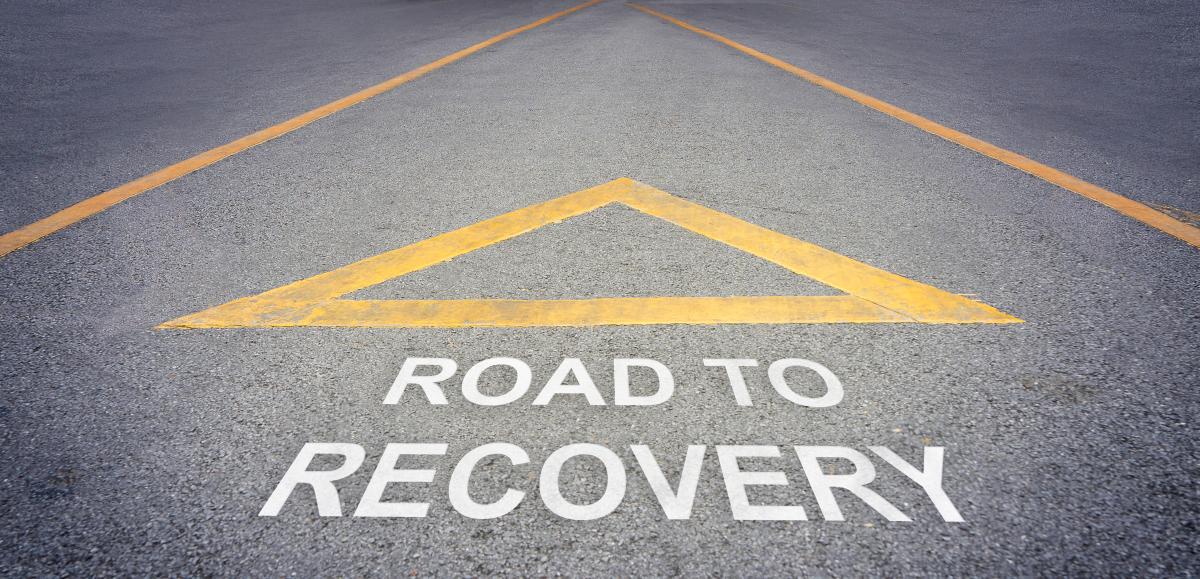Submitted by the Bond & Botes Law Offices - Wednesday, February 10, 2021

“Financial crisis” can mean many things. For an individual, a financial crisis might occur after a job loss or divorce. A serious illness or injury can trigger a financial crisis. Or, simple mistakes may snowball into a crisis, as interest and late fees mount and payments become unmanageable.
But, as most Americans know all too well, a financial crisis may be much more widespread. Many in their mid-thirties and up have experienced two very difficult financial periods as adults: the recession that began in 2008 and the crisis created by the pandemic and related shutdowns. That’s one of the reasons Millennials have been among the hardest hit financially by Covid-19. A series of papers from the Federal Reserve Bank of St. Louis that same year suggested that Millennials were at risk of becoming a “lost generation” in terms of wealth accumulation.
But, Millennials weren’t the only ones who had difficulty recovering after the Great Recession. A 2018 analysis concluded that four other groups hadn’t fully recovered:
- Baby boomers
- The silent generation
- Workers without college degrees
- Lower income Americans
Each of these groups faced different challenges, and the same will be true as the coronavirus crisis draws to a close and the economy recovers. It’s also true when an individual or family goes through a personal financial crisis.
Of course, the local economy impacts individual and family recovery. When businesses are suffering or closing, there are generally fewer jobs available. And, wages are often lower.
According to a December report from the Carsey School of Public Policy at the University of New Hampshire, every state’s economy has been impacted to some degree by Covid-19, including those that have imposed few restrictions on business operations. But, the degree of impact differs significantly.
In terms of jobs, Tennessee has fared better than many states. Overall, the number of jobs in the state dropped 4% between February and November, compared with a low of .4% and a high of 15.2%. In raw numbers, that’s a loss of 127,700 jobs. But, the rebound has been relatively quick in the state, with more than 250,000 added back from May to November.
Similarly, the gross domestic product (GDP) in Tennessee is down 4.3%, which puts it about the middle of the spectrum from near-zero change to 8.8%. That means Tennessee residents may be better positioned than those in many other states. But, that doesn’t mean rebuilding will be easy or automatic.
/p>Rebuilding after Financial Losses
To a degree, the steps for rebuilding financial stability after a recession are similar to those you’d follow if you’d experienced personal losses due to illness or divorce or some other disruption. Of course, the local and national economic recovery will play a role. But, for the most part, those factors are outside your control—and focusing on the things you can control is key to getting back on your feet.
It’s a natural human response to feel grief and anger when circumstances beyond your control have knocked you off your feet. It’s healthy to acknowledge that, but you can’t afford to get stuck there. The best thing you can do for your financial future is to assess strategically at every turn, resisting the idea that it will be impossible to rebuild or the urge to use limited funds to put out fires rather than prioritizing.
Some examples include:
- Thinking carefully about how best to use any out-of-the-ordinary funds received, such as stimulus checks
- Staying on top of bills you can, even if you know you have leeway due to pandemic-related moratoriums or lender flexibility
- Save, if you can, even if it’s small—this can be a key factor in long-term recovery
Don’t wait until the crisis has passed and economic recovery is underway to think about how you can rebuild, what you can let go of, and what matters most to you and your family. Even if you aren’t in a position to make significant changes yet, understanding your goals and the small steps you can take is important.
It’s also important to be realistic about what you can and cannot devote money to moving forward. That may mean cutting your budget in the short or medium term to free up funds for the important work of reclaiming your financial stability. Or, it may mean considering solutions like bankruptcy.
Chapter 7 bankruptcy can typically eliminate most unsecured debt, meaning that funds currently going to credit card payments and old medical bills can instead be invested in your foundations. Chapter 13 bankruptcy restructures past-due debt into a three to five year repayment plan, creating predictable monthly payments and cutting down on late fees, collection costs and other add-ons that make being in debt so expensive.
The right solution for you will depend on a wide range of factors. Your first task is to educate yourself about your options and assess your priorities to make sure you’re investing the funds you do have available in what matters most to you.
At Bond & Botes, we’ve been helping people resolve unmanageable debt for decades. We know how important reliable information is, so we offer free remote consultations in Tennessee, Mississippi and Alabama. To schedule yours, just call 1-877-581-3396 or fill out the contact form on this page.

 1-877-581-3396
1-877-581-3396